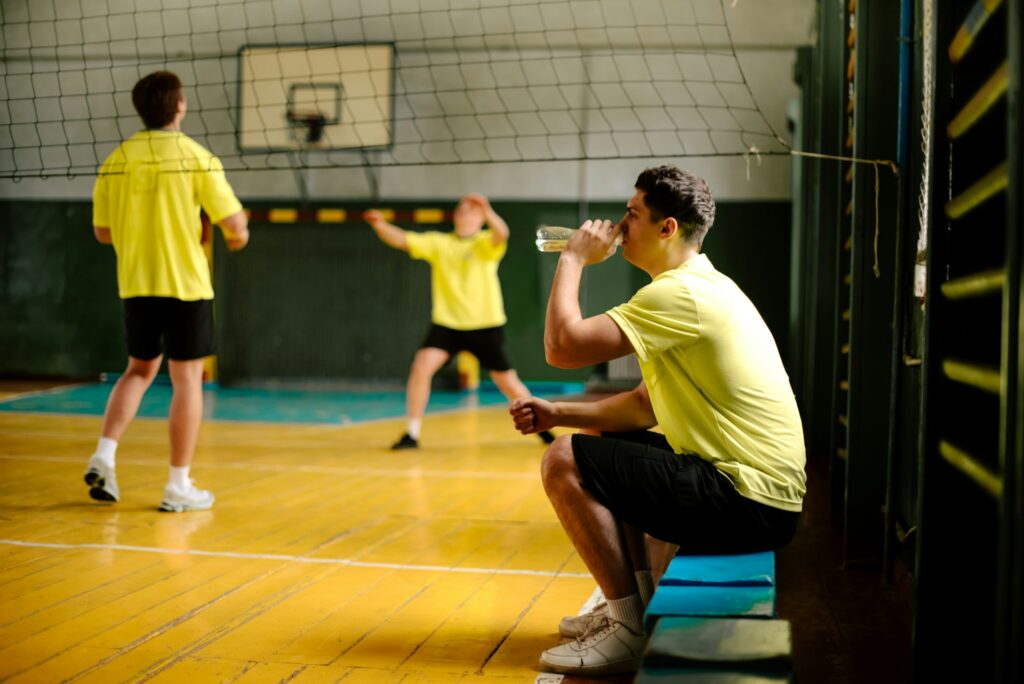Youth Multi-Sport Participation Benefits for Physical Health


When young athletes engage in multiple sports, they expose their bodies to a variety of movement patterns that promote balanced development. Unlike early specialization in a single activity, youth multi-sport participation benefits include stronger muscles, improved balance, and better coordination. For example, a child who enjoys soccer in the fall and swimming in the summer builds both endurance and flexibility, preventing repetitive strain on one part of the body. This natural form of cross-training protects young athletes from the overuse injuries that are common among children who concentrate on just one sport too early.
Medical experts emphasize that young people who participate in a variety of sports grow stronger, healthier, and more resilient. By developing different skills and conditioning multiple muscle groups, children create a physical foundation that supports long-term athletic performance. Parents and coaches who encourage multi-sport involvement give children the tools to stay active and injury-free for years to come.
Youth Multi-Sport Participation Benefits for Mental Growth
The advantages of playing more than one sport go beyond physical strength. Youth multi-sport participation benefits also include improved mental health and emotional growth. Each sport introduces unique challenges that require discipline, adaptability, and focus. A child who plays basketball develops quick decision-making and teamwork skills, while one who participates in track and field learns persistence and goal setting. Balancing these different experiences strengthens resilience and teaches children how to handle both success and setbacks gracefully.
Taking part in multiple sports also prevents burnout, which is a common issue when children specialize too soon. The variety of activities keeps them motivated and excited to learn new skills. Exposure to different challenges reduces stress and builds confidence, allowing young athletes to enjoy sports as a source of happiness and personal growth rather than pressure. These mental benefits create healthier, more confident children who are better equipped to face challenges both on and off the field.
Youth Multi-Sport Participation Benefits for Social Skills
Sports are powerful environments for learning how to connect with others, and youth multi-sport participation benefits include stronger social and communication skills. Children who play a range of sports interact with diverse teammates, coaches, and opponents, which teaches adaptability and empathy. For instance, a child in volleyball learns the importance of quick communication, while a child in baseball develops patience and trust in teammates. These experiences foster cooperation and respect for others in a way that extends beyond athletics.
Participating in multiple sports also encourages leadership and teamwork in varied settings. Young athletes learn how to resolve conflicts, respect rules, and value fair play. They experience both the joys of winning and the lessons of losing, building emotional maturity. These social skills carry over into the classroom, friendships, and eventually professional life. Children who benefit from multi-sport participation grow into well-rounded individuals who are prepared for collaborative environments throughout their lives.
Youth Multi-Sport Participation Benefits for Lifelong Fitness
One of the most powerful youth multi-sport participation benefits is the foundation it creates for lifelong fitness and athletic success. While many parents assume that early specialization leads to higher achievement, research shows that playing multiple sports develops stronger overall athletic abilities. This broad foundation allows children to specialize later, if they choose, without the risks of burnout or overuse injuries. Many professional athletes credit their success to playing a wide variety of sports in their youth, which kept them motivated and versatile.
For children who do not pursue competitive sports, these benefits remain invaluable. Multi-sport participation fosters a genuine love for physical activity by showing that movement can take many enjoyable forms. Whether it is running, swimming, cycling, or team play, children who explore different sports are more likely to stay active as adults. This commitment to activity lowers the risk of chronic health issues such as obesity, diabetes, and heart disease. Ultimately, encouraging children to try multiple sports helps them discover passions that promote fitness and well-being for life.
The wide-ranging youth multi-sport participation benefits prove that variety is a powerful tool for growth. Children gain stronger bodies, healthier minds, better social skills, and a lifelong love of movement. Encouraging them to explore different sports prevents injury, avoids burnout, and sets the stage for long-term success both in athletics and in personal life. Parents and coaches who support multi-sport participation are not just nurturing better athletes, but also shaping healthier and more resilient individuals ready to thrive in every area of life.
